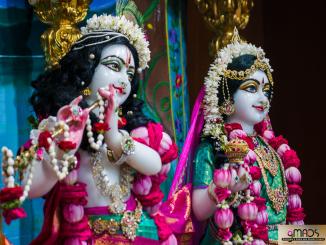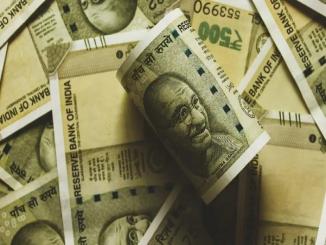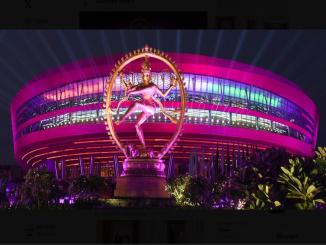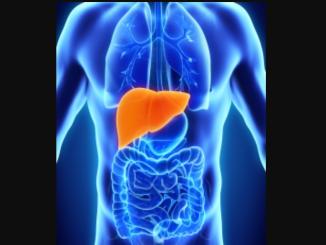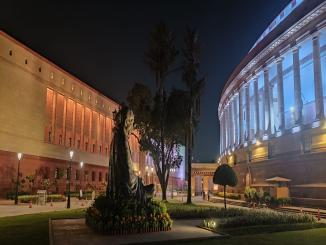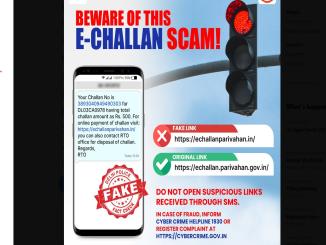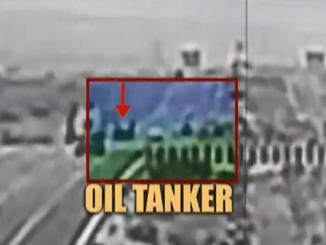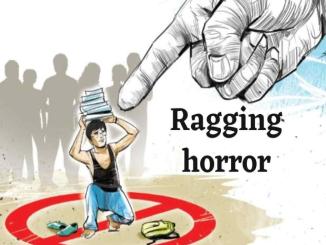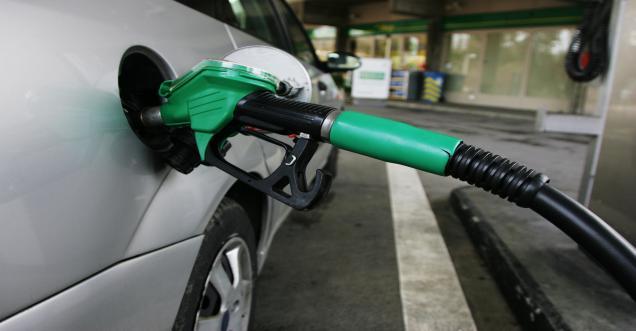
New Delhi: The Narendra Modi government is surrounded by criticism about prices of petrol and diesel. At the same time, the petroleum minister Dharmendra Pradhan has put the ball in the back of Finance Minister Arun Jaitley saying that the price of petroleum products can be logical only when they are brought under the purview of the goods and services tax (GST). The central government had imposed GST on July 1 in place of all indirect taxes in the country, but petroleum products have been kept out of now.
In the last one month, the price of petrol has increased by more than seven rupees. The Modi government has implemented the daily review policy of petrol prices from June 16. Before that, fortnightly prices of petrol prices were peaked. Let's understand why there is a dispute about petrol prices? On Thursday (September 14th), petrol in Delhi costs Rs 70.39 per liter, Kolkata Rs 73.13 per liter, Mumbai Rs 79.5, and Chennai 72.97 liters. These prices of petrol are the highest since August 2014.
When the price of petrol was more than Rs 70 per liter in August 2014, the crude oil prices in the international market were $ 103.86 (about Rs. 6300) per barrel. On Thursday, the price of crude oil in the international market is $ 54.16 (Rs. 3470) per barrel. Since the year 2014, the Modi government has increased the excise duty of petrol by 126 percent and diesel by 374 percent. If you talk about gasoline, the Indian petroleum companies in the international market, as per the current price of crude oil, petrol is petrol cost to oil companies is around Rs 21 per litre. Crude oil refined and made to be used for usable purpose, the remaining expenditure comes to around Rs 10 a liter. That is, if the government does not take any tax, then petrol can be sold at around Rs 31 per liter. In addition to the excise duty of the Central Government under the existing tax system, the State Government imposes VAT on petrol and diesel at different rates. In Delhi, for instance, VAT is 27 per cent, while in Mumbai it is 47.64 per cent. That is why the price of petrol is different in different states.
If petrol-diesel is brought under GST, then the maximum tax will be only 28 percent, as all the products under GST are taxed at five, 12, 18 and 28 percent rate. If the government imposes 12 percent GST on petrol then the public can get gasoline at the rate of around 38 rupees per liter. If the central government imposes 18 percent GST on petrol, then the general public will get 40.05 rupees per liter. If petrol is 28 percent GST, then its price will be 43.44 rupees per liter. If the central government imposes an additional tax (cess) in addition to GST on petrol, its price may be more than two-four bucks from these estimated prices, but in that situation, petrol will also sell around Rs 20 less than the current rate. But the question of lakhs of taka is that it will happen?




